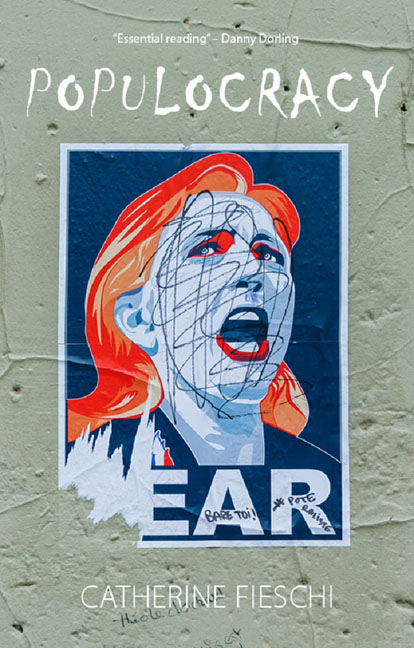Book contents
- Frontmatter
- Contents
- Dedication
- Acknowledgements
- Introduction
- 1 What is it about populism?
- 2 The ideas that matter, or populism as jiu-jitsu politics
- 3 The prototype: France
- 4 Populism goes global: the Netherlands
- 5 Populism’s poster child? Italy
- 6 The UK and the absolute populist fantasy: taking back control
- 7 Populism and the new political subject
- Conclusion: jiu-jitsu politics
- References
- Index
1 - What is it about populism?
Published online by Cambridge University Press: 16 August 2023
- Frontmatter
- Contents
- Dedication
- Acknowledgements
- Introduction
- 1 What is it about populism?
- 2 The ideas that matter, or populism as jiu-jitsu politics
- 3 The prototype: France
- 4 Populism goes global: the Netherlands
- 5 Populism’s poster child? Italy
- 6 The UK and the absolute populist fantasy: taking back control
- 7 Populism and the new political subject
- Conclusion: jiu-jitsu politics
- References
- Index
Summary
Three main reasons prompted me to write this book. The first two fall, by and large, into the category of “explanation” or “clarification”. When I first started to become interested in populism, it was a minority sport. I was interested in Thatcherism and wrote an MA thesis about her politics and its place within the British political tradition. I discovered the writings of Stuart Hall on authoritarian populism, and, as a 20 year-old, became enraptured with his forensic capacity to expose the ideological springs of a truly novel political experiment. Hall’s debates with Bob Jessop in the New Left Review were my first, real foray into political analysis that took ideology seriously. It led me to take it so seriously that I became interested in “the stronger stuff”. Thatcher was riveting, but I concluded that, in terms of populism, she was not the Real McCoy. Her resignation coincided with my typing up of the final version of my MA – I typed as quickly as I could as events came to a head, keeping just enough of an eye on the television to make sure she was not doing or saying anything that would blow my little thesis apart. Pre-social media, pre-internet, I could not leave the house for fear of missing someone being pushed down the stairs in Downing Street. As I write in March 2019, it’s funny how history repeats itself, except now I can find out more easily who are the latest casualties, or survivors.
Thatcher was also resigning just as the French Front National (FN) was emerging as a powerful political force, and Europe started to take notice. So, I turned my attention to it and to Jean-Marie Le Pen – the early bubblings of European populism. I was asked relatively often at the time, why I had chosen such a “niche” topic for my PhD. Then, a dissertation on populism was considered highly original, bordering on the quirky. Now, when I reveal my special subject, I am almost met with a yawn. Surely not another populism specialist? So, the first question I want to answer in this volume is why (brushing aside the possibility that I was staggeringly prescient) populism has become such a commonplace feature of our politics.
- Type
- Chapter
- Information
- PopulocracyThe Tyranny of Authenticity and the Rise of Populism, pp. 7 - 22Publisher: Agenda PublishingPrint publication year: 2019



